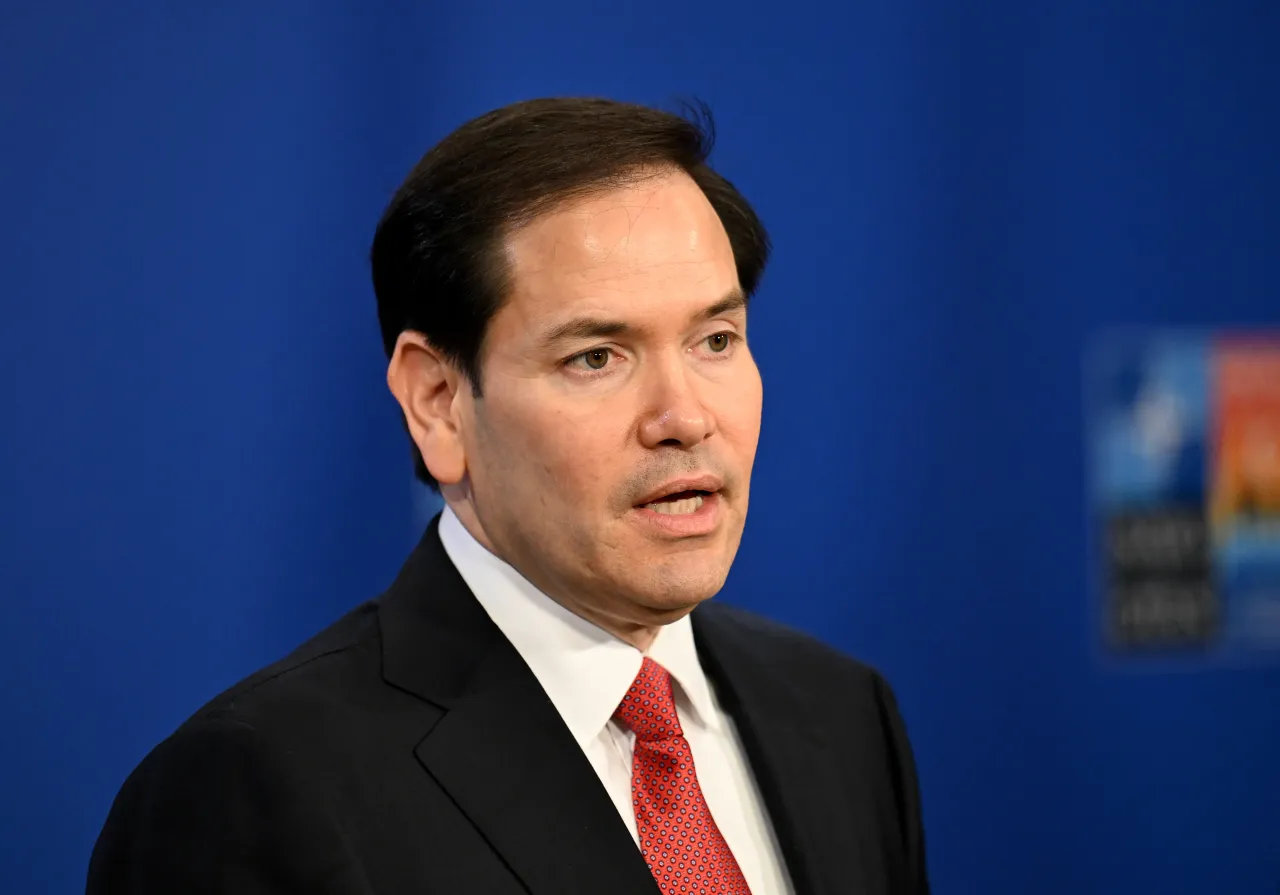Advertisement|Remove ads.
Mark Rubio Defends Trump Tariffs, Says Southeast Asia Could See Lower Rates Than Other Regions

Mark Rubio, acting National Security Advisor and Secretary of State, defended President Donald Trump’s sweeping tariffs on Friday, telling regional leaders that many Southeast Asian nations could ultimately benefit from lower rates than other parts of the world, in his first trip to the region.
According to a Wall Street Journal report, Rubio’s 36-hour visit to Malaysia was overshadowed by tariff backlash and high-level meetings with China and Russia, narrowing what was intended to be a multi-country diplomacy tour. He skipped planned stops in Tokyo and Seoul in order to return to Washington.
U.S. markets were already pricing in heightened geopolitical risk tied to Trump’s latest tariff wave, with equities trading in the red on Friday. The President this week announced levies on several Asian trading partners, including a 35% tariff on Canada and new rates for Japan, Malaysia, and others, set to take effect August 1.
The SPDR S&P 500 ETF (SPY) slipped 0.4%, the SPDR Dow Jones Industrial Average ETF (DIA) fell 0.6% and the Invesco QQQ Trust Series 1 (QQQ) dropped 0.2%. On Stocktwits, retail sentiment around SPY plummeted to ‘bearish’ from ‘extremely bullish’ a week ago amid rising chatter. Retail sentiment around DIA and QQQ was also in ‘bearish’ territory.
Rubio reportedly sought to reassure U.S. allies in Asia, stating President Trump’s escalating tariffs were not intended to isolate friendly nations, calling Southeast Asia “a focal point” in the administration’s foreign policy while speaking at the foreign ministers’ meeting of the Association for East Asian Nations (ASEAN) held in Kuala Lumpur.
He told ASEAN foreign ministers that this century “will be written in this region,” pushing back on concerns that wars in the Middle East and Ukraine had pulled U.S. attention away from the Indo-Pacific. “I would say distraction is impossible,” Rubio said. “The story of the next 50 years will largely be written here.”
Rubio also met with Chinese Foreign Minister Wang Yi on the sidelines of the ASEAN summit. He described the meeting as “constructive,” noting that both sides agreed to maintain dialogue and manage their differences. Wang echoed a similar tone but reiterated China’s view that the U.S. tariffs amount to “unilateral bullying,” according to Beijing’s official readout.
Despite the diplomatic reassurances, concerns lingered among regional leaders. Malaysian Prime Minister Anwar Ibrahim opened the summit by warning that the trade war was “no passing storm,” calling it “the new weather of our time.”
Rubio’s comments also addressed U.S. allies’ growing desire for strategic autonomy. Asked about remarks by Japanese Prime Minister Shigeru Ishiba that Japan should reduce reliance on the U.S., Rubio responded, “The idea that Japan’s military would become more capable is not something we would be offended by. It’s something we would actually be encouraged by.”
Trump’s administration is expected to release more tariff letters in the coming days, with U.S. officials estimating over $300 billion in annual tariff collections by year-end.
For updates and corrections, email newsroom[at]stocktwits[dot]com.











/filters:format(webp)https://news.stocktwits-cdn.com/large_trump_canada_jpg_0f117ea8e7.webp)
/filters:format(webp)https://news.stocktwits-cdn.com/Aashika_Suresh_Profile_Picture_jpg_2acd6f446c.webp)
/filters:format(webp)https://news.stocktwits-cdn.com/jaiveer_jpg_280ad67f36.webp)
/filters:format(webp)https://news.stocktwits-cdn.com/large_Getty_Images_2166123192_jpg_1bb818cd90.webp)
/filters:format(webp)https://news.stocktwits-cdn.com/large_Getty_Images_2215390052_jpg_84ddd1faac.webp)
/filters:format(webp)https://news.stocktwits-cdn.com/shivani_photo_jpg_dd6e01afa4.webp)
/filters:format(webp)https://news.stocktwits-cdn.com/large_immunitybio_jpg_eb6402d336.webp)
/filters:format(webp)https://st-everywhere-cms-prod.s3.us-east-1.amazonaws.com/unnamed_jpg_9dff551b50.webp)
/filters:format(webp)https://news.stocktwits-cdn.com/large_Core_Civic_resized_jpg_120d89cac4.webp)